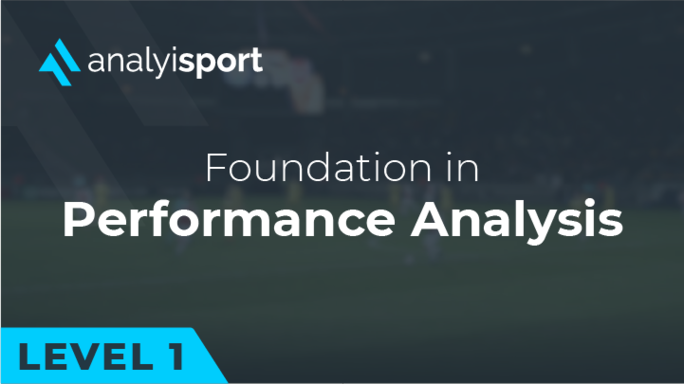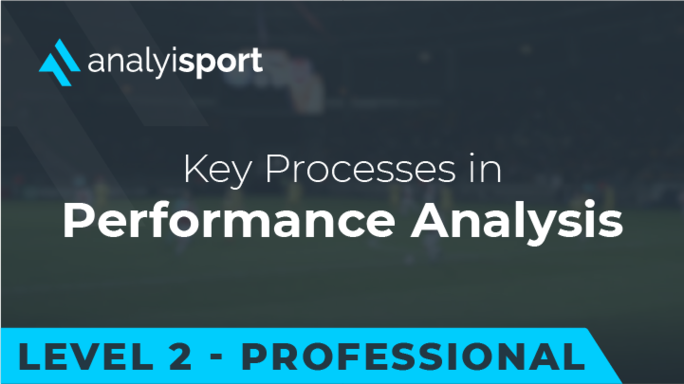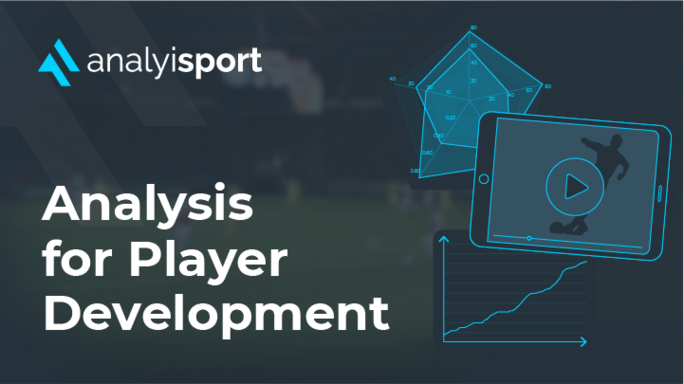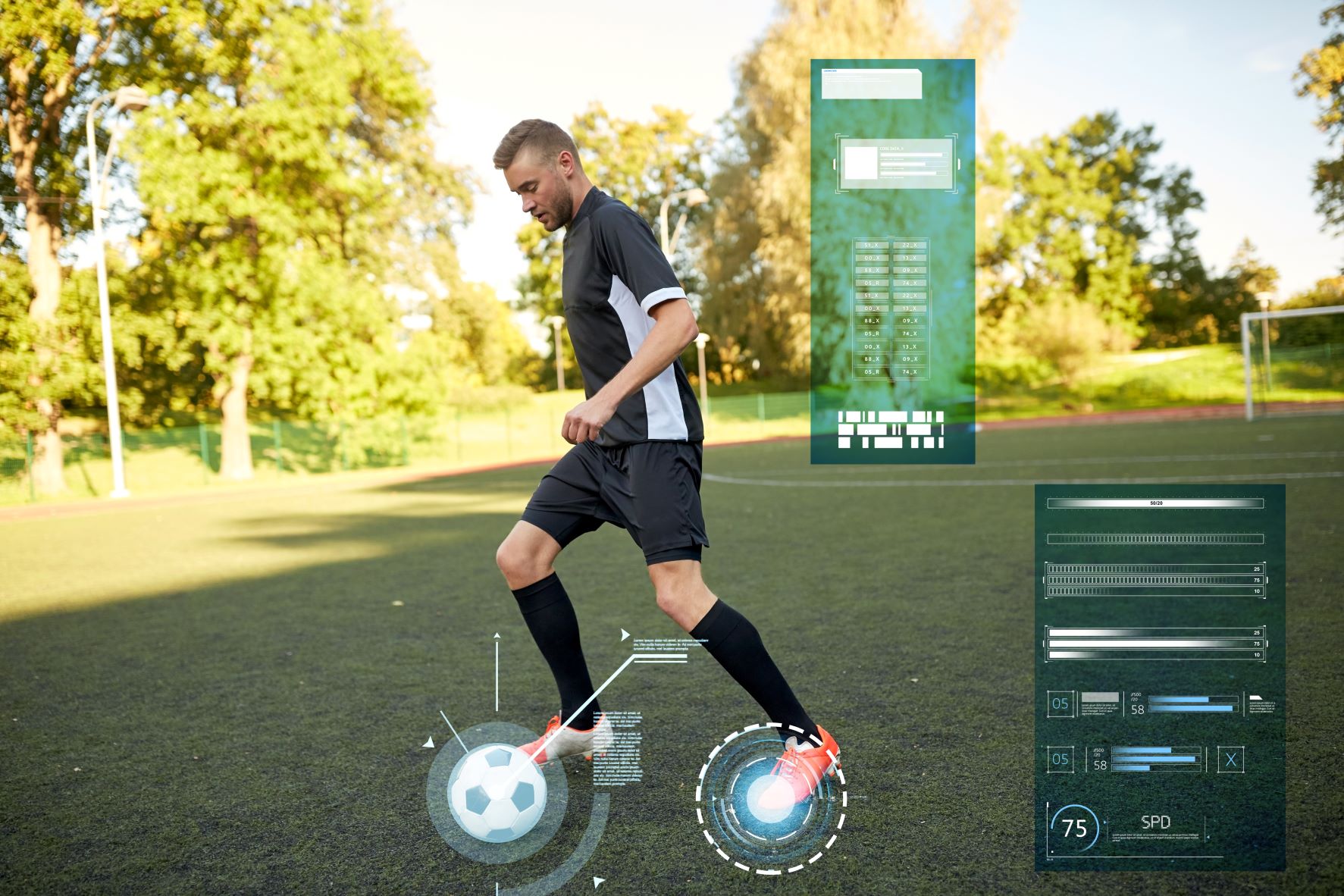How is data used in the Greece and the Super League Greece?
How is data used in the Super League Greece (Super League 1 Stoixima)?
Like many other nations, Greece is obsessed with football. The passion that Greek fans have for the game is enough to rival that of any other European country.
But despite the nation’s enthusiasm, success has been hard to come by. Without the same level of infrastructure and investment, given their financial limitations, it’s difficult for Greece and other countries to maintain pace with the top footballing nations.
As a result, it becomes difficult to compete on the pitch, too. By the end of 2023, no Greek domestic side will have reached the quarter finals of either the Champions League or the Europa League for 20 years.
And the national team has struggled, too, having failed to qualify for 80% of the major tournaments that they’ve entered since 1934.
There is of course one exception to this trend which came when, against all odds, the Greek side at the 2004 European Championships beat hosts Portugal to be crowned champions.
This moment of immense national pride for Greece lives on in European memory as one of the biggest miracles in footballing history. And whilst it is true that nobody expected that team to do what they did in 2004, Greek football fans do not want that one triumph to be the only achievement that their passionate nation is known for in football.
Super League Greece investing in technology
Greece’s first division, Super League Greece, is home to players from all over the world. Over 75 different nationalities are represented across the 14 teams in the league.
In order to improve the quality of Greek football, Super League Greece’s solution has been to invest in technology. The league struck up a partnership with media company Veo in 2021, placing particular emphasis on its use among clubs’ youth squads.
Veo is a Danish company that has brought to market a self-operating camera which is specially designed for recording sports matches, and is used by footballing bodies across the globe.
Super League Greece took the initiative of investing in the technology and distributing it to every club in the division, so that they may use it to optimise player development from a young age.
How does the Veo camera work?
The camera designed by Veo can be set up anywhere without an operator and will automatically follow the ball as it moves around the pitch. For academy teams, this makes video analysis after matches or training sessions incredibly simple.
But that’s not all. The technology also has a livestreaming function and an inbuilt editor. The editor uses data to allow users to conduct more in-depth analysis of their performances.
Using Artificial Intelligence (AI), the event detection feature automatically identifies in-game events such as corners and shots on goal. This allows coaches and players to easily skip to the footage they are most interested in analysing.
Finally, the Veo Analytics add-on offers teams a platform from which they can view detailed statistics and visualisations. The platform goes into significant depth by tracking player co-ordinates, providing heatmaps and possession statistics, to name just some of its features.
How have Greek clubs committed to data?
Individual clubs are, of course, still free to pursue their own goals in the field of data analytics. The most successful Greek club, Olympiacos, has won 47 league titles, more than double anyone else’s tally, and have been incredibly dominant in the 21st century.
The club from Piraeus is accustomed to domestic success and regularly features in the early stages of the Champions League, but recognises the role that data is going to play if they are to maintain their dominance.
Knowing this, Olympiacos teamed up with Madrid-based company Driblab in 2019. Driblab acts as a consultant for professional football clubs, focussing specifically on scouting and analysis. By giving their clients access to their database of over 200,000 players, the Spanish firm helps to implement recruitment and squad development strategies based on statistical metrics.
Driblab aims to facilitate the signing of players that will not only improve the team’s performance, but will increase in financial value, too. The vast database even covers youth competitions, allowing Olympiacos and other clients to target players who are unknown to the majority of scouting departments.
How have PAOK used data to grow their brand?
In 2022, Greek side PAOK followed in Olympiacos’ footsteps when they too signed a deal with Driblab. The side from Thessaloniki typically find themselves among the top 5 teams in Greece, but have only been domestic champions 3 times.
What sets the PAOK apart from all other Greek clubs, however, is its brand. Despite being less successful on the pitch than some of its rivals, PAOK is one of the most followed clubs in the country.
A 2018 study carried out by Spanish news outlet Marca suggested that PAOK are the most popular team in Greece, even ahead of Real Madrid, the most supported side in the world according to the study.
Whilst followers of Super League Greece might argue that Olympiacos or Panathinaikos are in fact the most popular Greek teams, it is no fluke that PAOK are being included in that conversation.
When it comes to brand development, PAOK aren’t following in the footsteps of anyone. As part of their digital transformation, they became the first club in Europe to manage their own TV rights when they launched PAOK TV in 2019.
The award-winning OTT (over-the-top) streaming service allows subscribers to livestream games directly over the internet onto their preferred device. The more personalised experience includes exclusive content and shows which aim to boost fan engagement in between matches.
Additionally, PAOK have been working with sports marketing experts Data Talks to implement their digital marketing strategy. Adapting sales of merchandise to the demands of the fanbase has resulted in an increase in revenue and the progression of the PAOK brand.
Data Talks also provides its partners with access to a Customer Data Platform (CDP), which has been key to PAOK’s branding success.
CDPs allow clubs to bring all of their fan data together in one place. Once the data is collected, the central platform combines it all before providing specific insights into customer behaviour, which the club can then act upon.
Using data to understand supporters’ habits and interests has allowed PAOK to bring what was already a strong bond with its loyal fans into the digital era, giving them a solid foundation for future success both on and off the pitch.
The future of Greek football and data
The future of Greek football clearly involves a strategy focussed on investment in data and technology.
Although approaches to data use from specific clubs and the league itself have been varied, they have all successfully demonstrated the usefulness of technology in football.
Whether for the nurturing of talent, scouting analysis or brand development, the use of data will play an important role going forward as Greece looks to compete more regularly with the biggest footballing nations.
Related Courses:

- Level 1
- Course
Level 1: Foundation in Performance Analysis in Football
£199.00 Original price was: £199.00.£85.00Current price is: £85.00.

- Level 2
- Course
Level 2: Key Processes in Performance Analysis in Football
£199.00 Original price was: £199.00.£149.99Current price is: £149.99.
Share this article
Our Learning Pathways
AnalyiSport is for everyone who is passionate about analysis in football. Where are you in your development journey?
Become a Football Scout
As more clubs than ever look to build data into their recruitment process, an understanding of recruitment analysis is your ticket to success in the game.
Related Articles
Our team provides news and insights from the cutting edge of football analysis.





